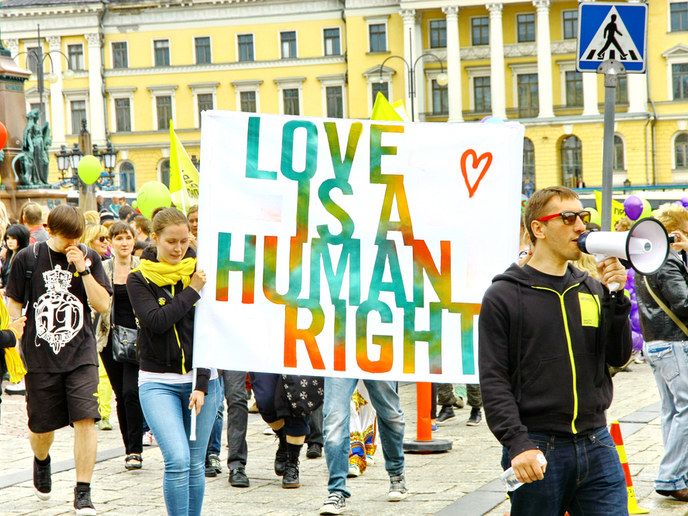Democracy will be televised
Whether life imitates art or art imitates life is an age-old question. It’s also a question that is alive and well during today’s ‘golden age of television’. “In France, the United Kingdom, Germany, the United States and many other countries, a growing number of television series are set ‘behind the scenes’ of democratic regimes faced with terrorist threats,” says Sandra Laugier, professor of Philosophy at Paris 1 Panthéon-Sorbonne University(opens in new window). While these shows may reveal a moral state of the world, are democratic societies taking advantage of their popularity? If not, should they be? These are the types of questions raised by the EU-funded DEMOSERIES(opens in new window) project.
Television as a type of soft power
According to Laugier, the project’s principal investigator, popular programmes such as ‘24’, ‘Homeland’, ‘Berlin Station’, ‘Le Bureau des Légendes’, ‘Deutschland’ and ‘Conflict’ can all be analysed as ‘mirrors’ of society or even ideological tools. But they can also be understood as new resources for the education, creativity and perfectibility of their audiences. “By expressing complex issues through narrative and characters, these shows act as a sort of ‘soft power’ that can serve as a resource for public policies and democratic conversations,” explains Laugier. Yet these security TV series’ aesthetic potential for visualising ethical issues or their capacity to enable a democratic empowerment of viewers has not been deeply analysed. Likewise, the power these shows have to confront the cultural and social upheavals happening in real life or to develop a collective inquiry into democratic values and human security has been left largely unstudied.
How TV changes us – and the world
To help fill in these blanks, the European Research Council(opens in new window) supported project used a unique approach to ethics that is based on multifaceted situations. Researchers also conducted large-scale reception surveys and extensive interviews with security experts, showrunners and viewers, as well as analysed the social media conversations happening around a show’s airing. “By studying both classic and recent series, we confirmed that TV series change us – and the world,” says Laugier. For example, the classic ‘Buffy the Vampire Slayer’ played a significant role in promoting sexual equality among its teenage audience. The series ‘24’, launched in the aftermath of 9/11, and ‘Homeland’, a decade later, raised awareness of long-term terrorist threats, as well as the risk of moral degeneration in democracies engaged in the fight against ‘terror’. “TV series aim to arouse our interest or provoke our reflection of the world in which we live, but they can also generate a ‘reality effect’, such as when the hero of the Ukrainian series ‘Servant of the People’, actor Volodymyr Zelensky, was elected president in real life,” adds Laugier.
Political education through television
According to Laugier, the DEMOSERIES project highlights the crucial role television series can play in a time when democratic values are under threat in Europe and around the world. “In a world where many political actors are promoting false anti-democratic values, political education through television certainly offers a solution that policymakers and security actors can no longer afford to ignore,” concludes Laugier. Laugier and her team are now exploring the transformative potential of TV series as creative catalysts for peacebuilding, conflict prevention and societal reconciliation.







